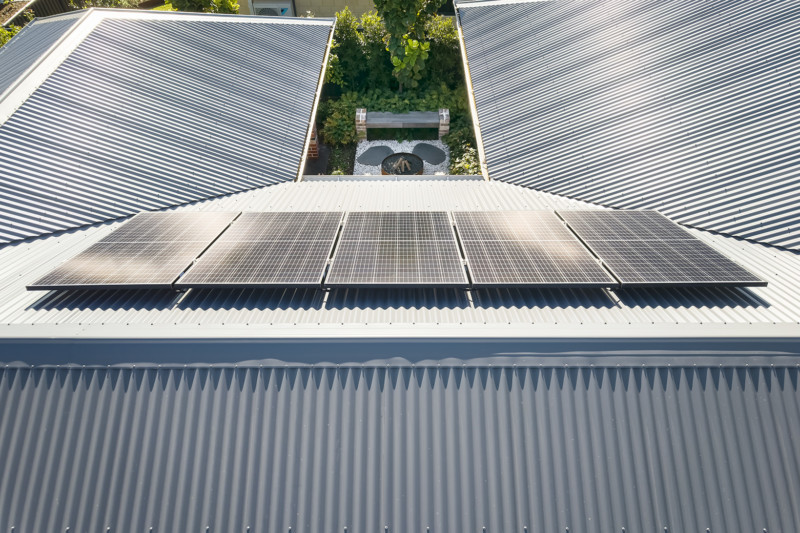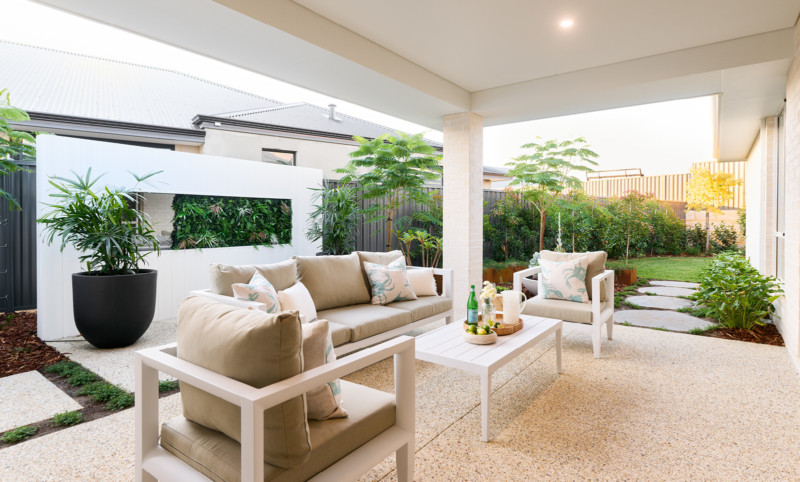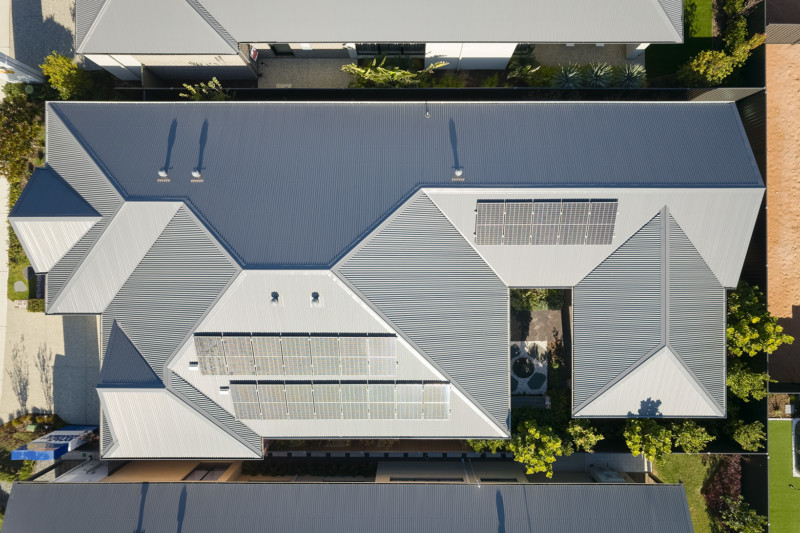Why you should consider solar for your new home
With the cost of energy living rising and the effects of climate change becoming more of a reality to a lot of people, it’s no wonder we are all looking for ways to make our homes more energy efficient.
Why not harness the Australian sun to power all the electrical appliances we run in our homes and help reduce emissions? It’s a win win situation.
How does solar work?
Solar panels generate their energy from the sun and use that energy (by converting photons) to run the electricity in your household during the day. But what about at night? That’s where an inverter and storage battery come in. Ideally, you want to have an inverter and storage battery installed to store all of that extra energy you collect throughout your daylight hours to be used at night once the sun has gone down.
So, when you want to run the dishwasher after dinner or boil the kettle, you potentially have drawn enough energy from your solar panels to use these appliances without having to pay to draw from the electricity grid. This all depends on how many batteries you have and how much sunlight you have had to generate energy. Once the battery’s charge runs out, the grid will kick in and provide electricity which you will have to pay for.

How much money will I save by having solar panels on my home?
Stinson Air suggests that the savings per year for an average home start at around $2,375. You have to remember, that this amount depends on your personal electricity usage and how many solar panels and batteries you install in your home.


Why should I consider adding solar to my new home build?
By adding solar to your new home build, you won’t have to worry about dealing with multiple solar companies after you move in and having to compare dozens of quotes. If you build with a reputable builder who has strong relationships with their solar suppliers, you not only take out the worry of having to decide which solar company to use, but you are also probably getting better bang for your buck. It’s a no brainer.
If you are considering owning an Electric Vehicle (EV) in the near future, you might want to think about your energy consumption and how solar may be able to lessen the costs of this consumption. Already having solar panels installed on your home is the first step to ensuring your home and EV are working as efficiently as possible now and into the future.

Want to chat about building your new home?
Chat to one of our New Homes Consultants today!
Get in touch